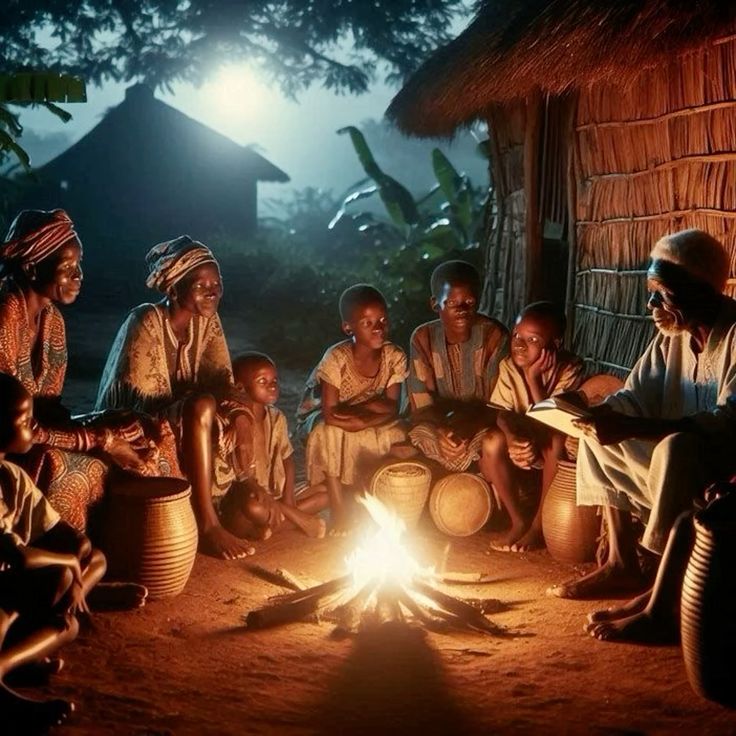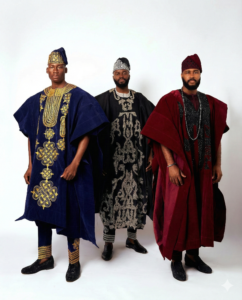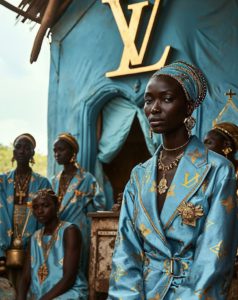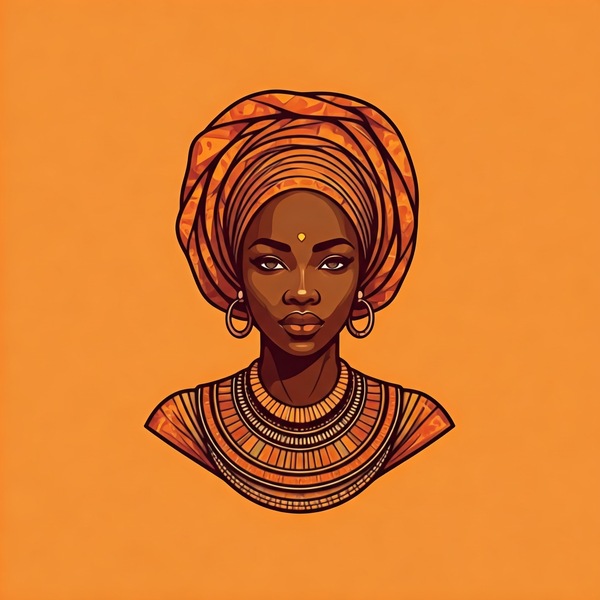Living Libraries of African History and Wisdom

“Oral Traditions” are the vibrant, living libraries of African history and wisdom, passed down through generations by griots, storytellers, elders, and communal performances. the profound importance of these spoken narratives, proverbs, songs, and poems are primary vehicles for preserving culture, transmitting knowledge, teaching moral lessons, and maintaining a continuous link to the ancestral past.
Unlike many Western societies that rely heavily on written records, much of Africa’s rich history, philosophy, and cultural knowledge has been meticulously preserved and transmitted through oral means. This makes the ability to remember, recount, and interpret these narratives a highly valued skill.
Forms of Oral Tradition
Folktales and Myths: These narratives entertain, but also carry deep moral lessons, explain natural phenomena, describe origins, and transmit cultural values. Stories of tricksters like the spider Anansi (West Africa) or the tortoise (common in Nigerian folklore) are popular and instructive.
Proverbs: Short, pithy sayings that encapsulate wisdom, offer advice, and serve as ethical guidelines for daily life. Proverbs are often used in everyday conversation, legal proceedings, and dispute resolution, demonstrating a speaker’s wisdom and cultural literacy. In Nigeria, for example, the use of proverbs is integral to communication in many ethnic groups.
Epic Poems and Genealogies: Long, narrative poems often performed by specialized griots (like those from the Manding people of West Africa) recount the histories of kingdoms, the genealogies of important families, and the heroic deeds of ancestors. These performances are meticulous and can last for hours or even days, serving as living historical records.
Songs and Chants: Music is a powerful vehicle for preserving history, celebrating events, mourning losses, and transmitting spiritual beliefs. Many traditional songs contain narratives about historical figures, communal struggles, or ancient rituals.
Riddles and Puzzles: These engage younger generations, sharpening their wit, critical thinking skills, and understanding of cultural nuances.
The Role of the Storyteller/Griot: Specialized individuals or revered elders often serve as the custodians of these traditions. They undergo rigorous training to memorize vast amounts of information, master rhetorical skills, and develop the artistry to captivate and educate their audiences. Their performances are often dynamic, involving drumming, singing, and audience participation.
Functions of Oral Traditions
Historical Preservation: They are the primary record of a community’s past, migrations, conflicts, and alliances.
Cultural Transmission: They teach children about their heritage, social norms, and expected behaviors.
Moral and Ethical Instruction: They impart values like honesty, respect for elders, community spirit, and resilience.
Social Cohesion: Shared stories and songs create a collective identity and reinforce community bonds.
Entertainment: Beyond their educational role, oral traditions provide communal entertainment, fostering joy and connection.
In the face of modernization, there are ongoing efforts to document and revitalize oral traditions through recordings, written transcriptions, and educational programs. “Oral Traditions” are not static relics of the past; they are vibrant, evolving forms of knowledge that continue to shape identity, guide behavior, and connect Africans to their rich ancestral wisdom, serving as true living libraries.










